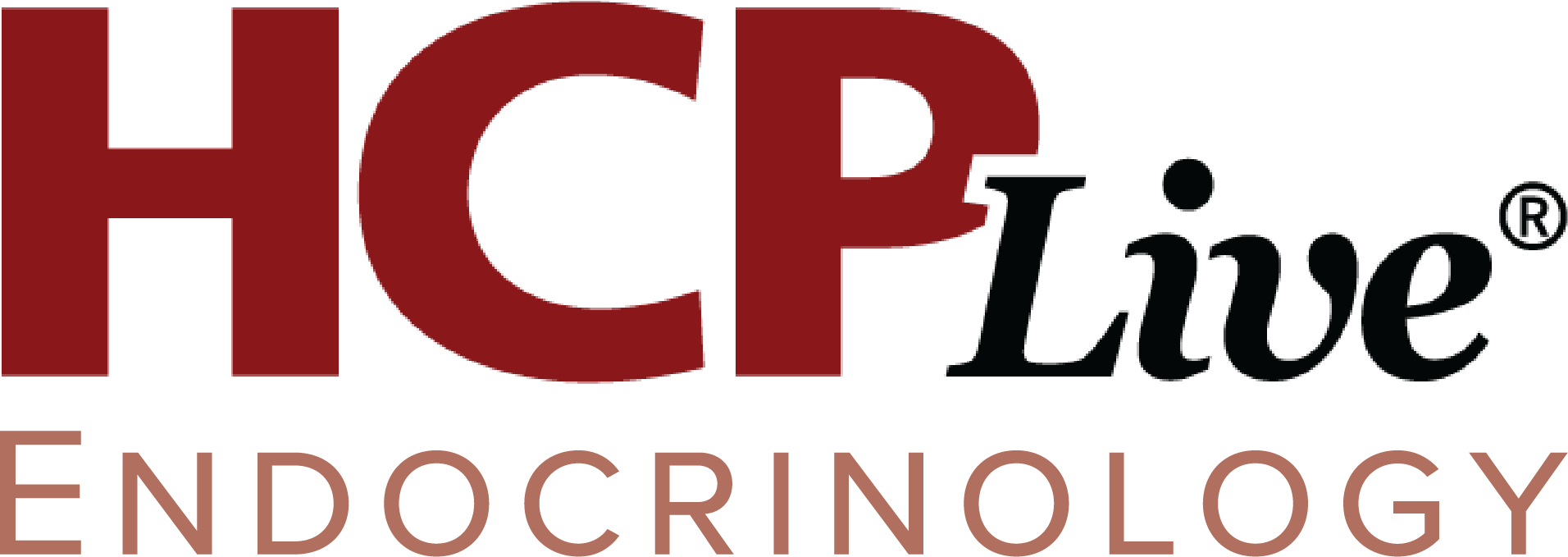Endocrinology

The HCPLive endocrinology page is a comprehensive resource for clinical news and insights on endocrine system conditions. This page consists of interviews, articles, podcasts, and videos on the research, treatment and development of therapies for diabetes, hormonal disease, and more.
Latest News
November 16th 2024
Reducing systolic blood pressure to less than 120 mmHg lowered the risk of major cardiovascular events for most people with diabetes in the BPROAD trial.
Diabetes Dialogue: Technology, Therapeutics, & Real-World Perspectives
HCPLive Endocrinology's flagship diabetes podcast, hosted by Diana Isaacs, PharmD, and Natalie Bellini, DNP
More News
Embryo Transfers and Multiple Births: Doing the Math in Reproductive Endocrinology
December 22nd 2014The American Society for Reproductive Medicine (ASRM) published a 2013 guideline addressing the number of embryos to transfer. Its guideline relied on empiric data to individualize patient care while minimizing the risk of high-order multiple births.
Testosterone Replacement Therapy Does Not Increase Mortality Risk
A new analysis of Medicare data has found that prostate cancer patients who use testosterone replacement therapy live just as long as those who don't and do not have greater need for androgen deprivation therapy.
Growth Hormone Therapy Effective at Increasing Anemics' Height During Childhood
December 18th 2014For children with Diamond-Blackfan Anemia (DBA) - an inherited condition defined by low red blood cell counts and limited progenitor cells in the bone marrow - growth hormone (GH) therapy was found to increase the short stature of patients - a symptom not widely analyzed.
Charcot Foot: Diabetes at Risk
December 12th 2014Microvascular disease is a concern in patients with diabetes, and follows hyperglycemia-induced endothelial damage or endothelial dysfunction. Diabetic neuropathy is the most prominent microvascular consequence of diabetes, and often, the foot is involved.
Statins for Everyone: Maybe, Maybe Not
December 12th 2014The 2013 American College of Cardiology/American Heart Association guideline for management of low-density lipoprotein cholesterol to reduce atherosclerotic cardiovascular disease risk identified adults who could benefit from moderate- to high-intensity statin use.
Changing Clinical Notes Through Electronic Health Records
As electronic health records become more or less mandatory, the question moves from how widely they are adopted by practices across the country to whether the new versions are more effective than the old pen-and-paper way of doing business.
Study Confirms Benefits of Exercise with Gastric Bypass Surgery
Gastric bypass surgery has been shown to improve quality of life for overweight and obese patients in a number of ways, including improving insulin sensitivity. Surgery combined with exercise has been shown to produce even greater benefits. A recent study evaluated the link between the two approaches and their effect on overall insulin sensitivity.
Recurrent Thymoma: Surgical Resection Leads to Good Outcomes
December 5th 2014Thymoma is rare and most known for its presence in 15% of patients who have myasthenia gravis. Thymoma tumors can be quite large. Surgery is the mainstay of treatment for thymoma, but when thymoma recurs (as it does in 10% to 30% of patients), the best course of action is often unclear.
Amiodarone: Dysrhythmic Drug with Thyroid Effects
December 3rd 2014Clinicians are most likely to prescribe amiodarone when they see patients who have recurrent ventricular dysrhythmias; paroxysmal supraventricular dysrhythmias including atrial fibrillation and flutter; and or need sinus rhythm maintenance after electrical cardioversion for atrial fibrillation.
Zigzag Calorie Cycling: A Novel Path to Weight Loss
December 3rd 2014Also known as alternate day fasting, "zigzag" caloric cycling calls for the dieter to eat the number of calories required to maintain weight one day, and then 25% of his or her energy needs on the fast day. Studies have shown that individuals who are compliant with this pattern can lose 4% to 8% of their body weight over 8 to 12 weeks.
Age-related Diseases Don't Occur Earlier in HIV-infected Patients
December 1st 2014Despite previous research suggesting HIV patients have an increased likelihood of suffering from a heart attack, kidney failure, or cancer, Johns Hopkins Bloomberg School of Public Health investigators showed the age they encounter these conditions were similar to their uninfected counterparts.
Correcting Short Stature: Long-Term Risks May Include Stroke
November 23rd 2014Early reports from the Safety and Appropriateness of Growth hormone treatments in Europe (SAGhE) project noted increased cardiac and cerebrovascular mortality in adults who were treated for stature problems as children. In addition, other studies have linked stroke risk to short stature in general, hypothesizing that shorter people have increased metabolic risks.